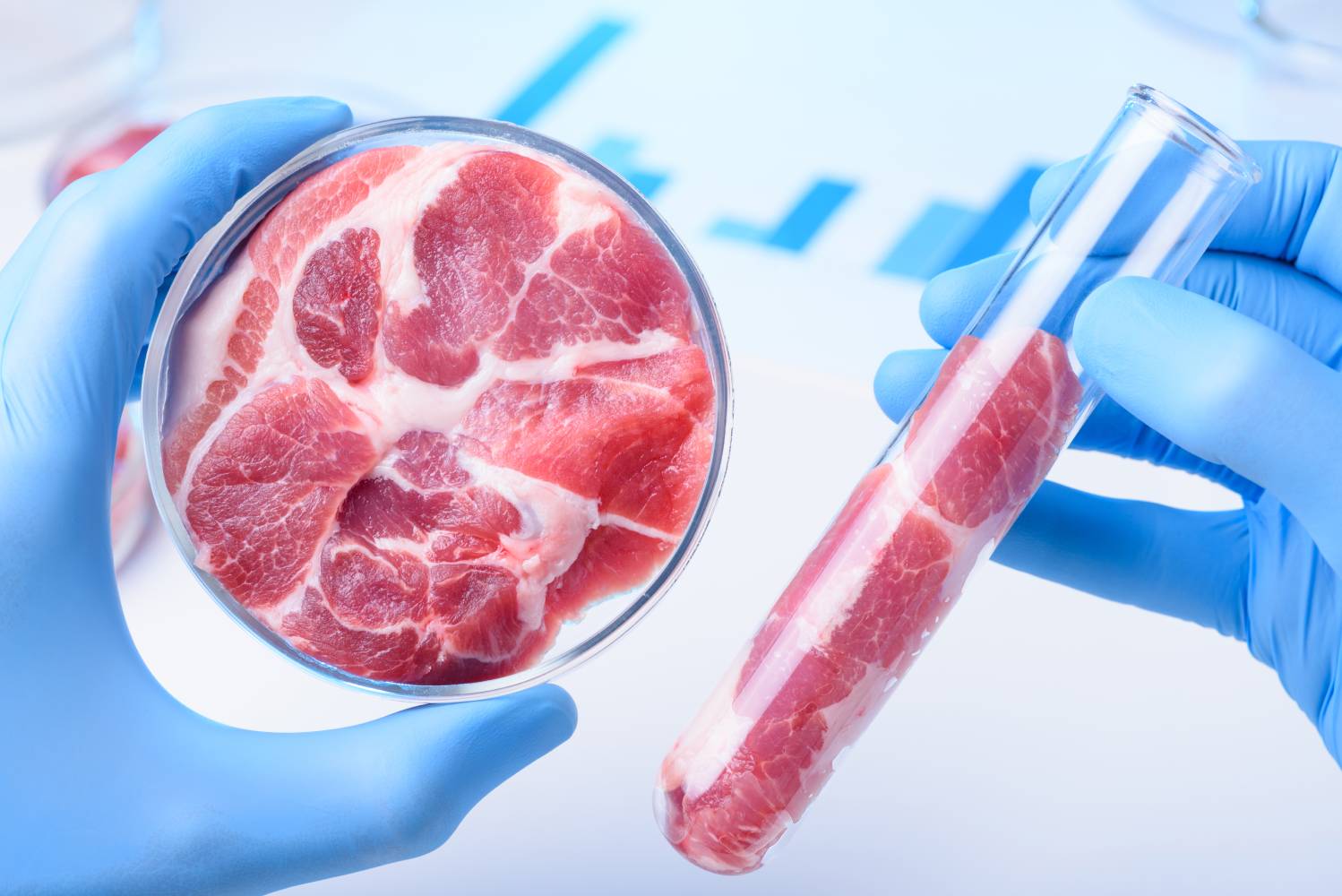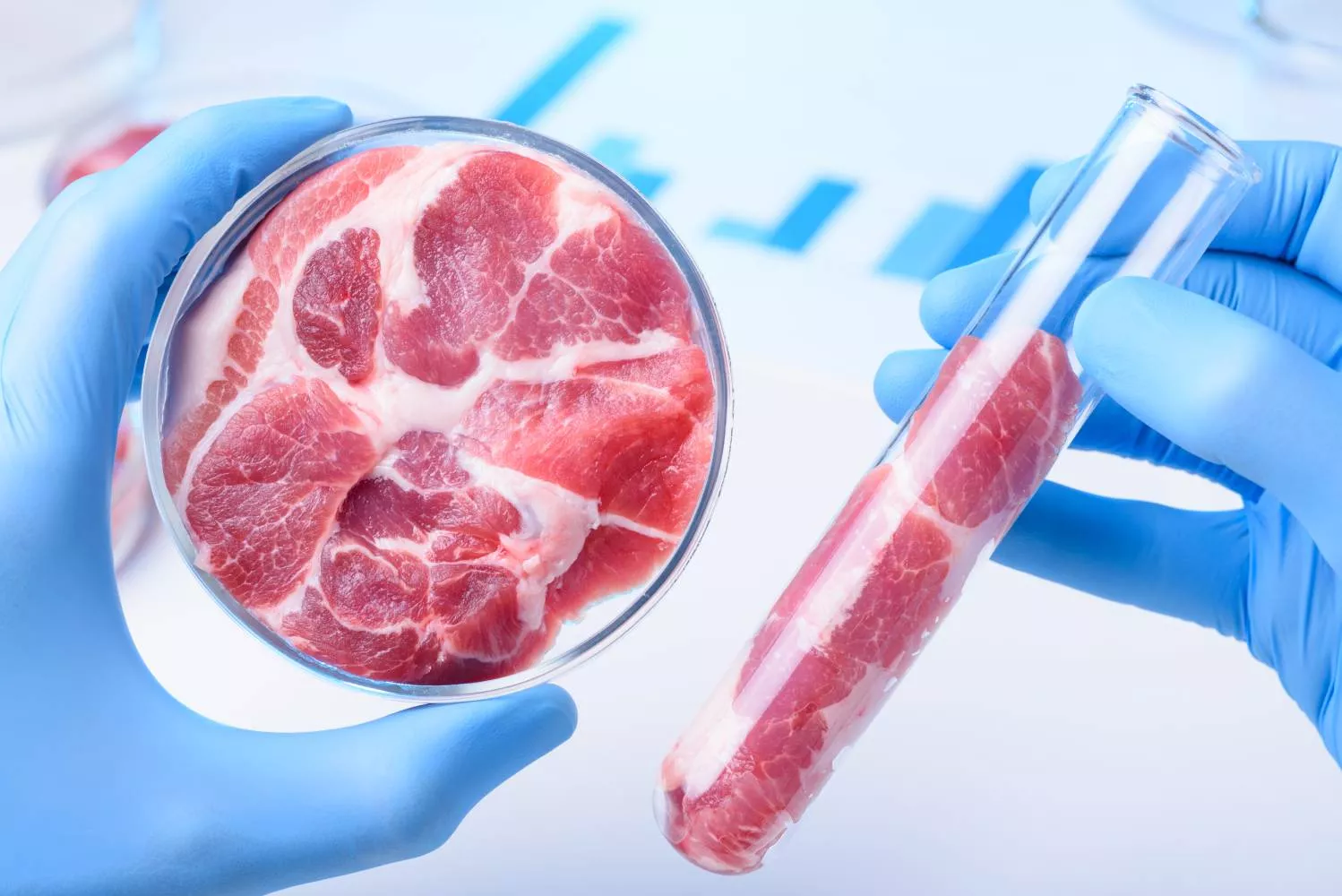

Singapore becomes first country to approve clean meat
Revolutionising the meat-alternatives industry and moving toward a compassionate and animal-friendly world, Singapore has become the first country to approve the sale and consumption of clean meat. Produced by Eat Just – an American company, clean meat in the form of chicken nuggets will soon be launched at a Singapore restaurant at premium chicken prices, as per the company’s CEO Josh Tetrick.
A Little History
In 2013, Dr. Mark Post created the first clean meat burger in his laboratory at Maastricht University. Produced over 2 years at a cost of about $300,000, this clean meat kickstarted the disruption of the meat industry. As estimated in reports, this production price of clean meat could fall to as low as $10 by 2021 due to increased demand.

The Current Scenario
According to the UN Food and Agriculture Organization, the world meat output in 2020 is approximately 333 million tons. To meet this massive demand, factory farms employ unethical procedures such as administering growth promoting hormone injections to animals and giving them feed laced with antibiotics in order to mass-produce meat.
Growing Acceptance
In the light of COVID-19, a shift toward hygienically and ethically produced food became imminent. With the likes of philanthropist like Bill Gates and other prominent figures highlighting the need for meat alternatives, combined with efforts from animal rights groups, the clean meat industry saw rising interests in terms of investments and acceptance. As of 2019, more than 50 companies worldwide have started cultivating clean meat products, with the alternative meat market expected to reach $140 billion by the year 2029. Companies such as Eat Just are a logical outcome of this process and the acceptance by Singapore is certainly a step in the right direction.
The Impact
As per the Good Food Institute (GFI), cultured meat can help decrease the use of farming land by up to 99%, energy consumption by up to 45%, water wastage by about 90%, and reduce carbon emissions and nutrient pollution by up to 87% and 94%, respectively. Therefore, transitioning from factory farming to clean meat can reduce carbon footprint and create a positive long-term environmental impact.
However, the biggest impact is that on farmed animals. If clean meat becomes popular and is adopted on a large scale, the price of meat stands to eventually fall off the market. This might bring an end to the inhumane factory farms. As there will always be a percentage of people who want to eat animal protein, clean meat, together with plant-based meats, will help the society tackle- animal suffering, environmental degradation, and human health issues.
